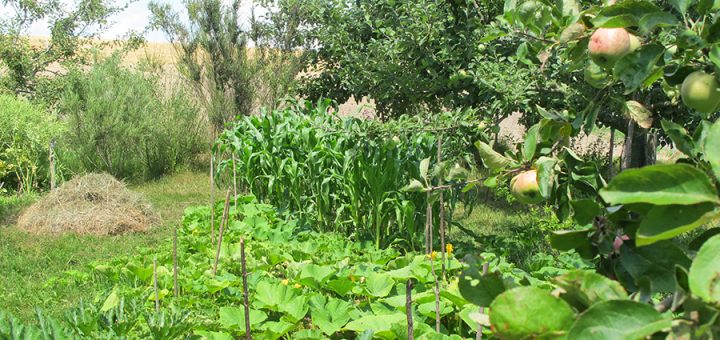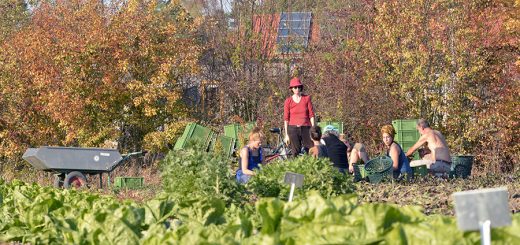
Earth Activist Training August 2019
from Sat 10. Aug. 2019 to Fri 23. Aug. 2019
In our two-week Permaculture Design Course, we gather together to explore an internationally-recognized permaculture design certificate (PDC) curriculum with a grounding in spirit and a focus on organizing and activism.
See the full description here.

